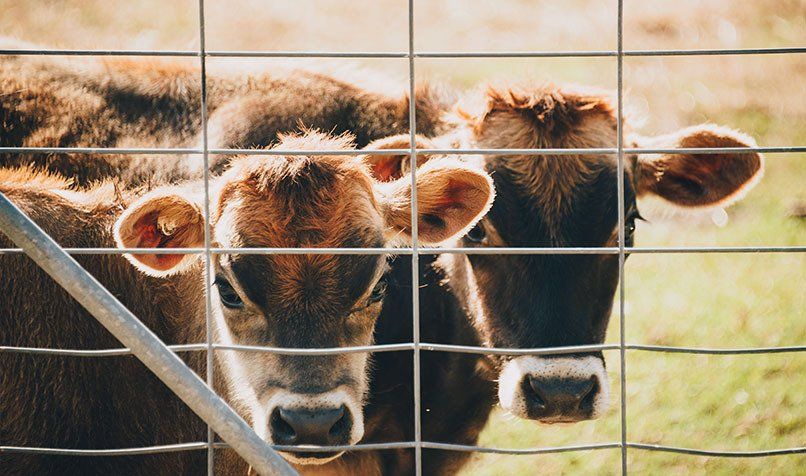TAX CHANGES FOR SMALL BUSINESS Checklist 2017/18 year end
Company tax cuts from $25m to $50m
The 2017/18 corporate tax rate will be 27.5% for companies that carry on a business and have an aggregated turnover of less than $25m. This turnover threshold will be increased to $50m for the 2018/19 financial year.
Single touch payroll
Single touch payroll has been introduced into the Australian tax system to combat areas of taxpayer non-compliance of PAYG withholding and superannuation guarantee obligations. This new payroll system commences from 1 July 2018 and "substantial employers" are required to be compliant.
A "substantial employer" at 1 July 2018 is a business who has a headcount of 20 or more employee as at 1 April 2018.
Taxable payments reporting system for couriers and cleaners
The taxable payments reporting system for contractors will be extended to entities in the courier and cleaning industries from 1 July 2018.
Entities who engage contractors, or subcontractors, will need to provide additional reports to the ATO. This treatment has the same requirements as salary and wage employees.
GST on offshore suppliers of low value goods
The GST and customs duty exemption for imported low value goods less than $1,000 will end on 30 June 2018. From 1 July 2018, offshore suppliers of low value goods sold directly to consumers will be liable to pay GST on those supplies.
Company tax rate lower for 'base rate entities' only (not yet law)
New legislation that restricts the lower company tax rate to base rate entities only is still under the parliamentary process. Pending approval, from the 2017/18 income year the 27.5% tax rate will apply to companies who are considered base rate entities. A base rate entity is a company who has less than 80% of assessable income from passive sources.
ATO debts now sent to credit reporting bureaus (not yet law)
Businesses with a tax debt greater than $10,000 may have that debt reported to credit reporting bureaus from 1 July 2018 by the ATO. This may affect a business' credit rating and their ability to obtain future finance in an attempt to increase the transparency of tax debts throughout business circles.
Similar business test (not yet law)
Legislation surrounding extending the same business test for company tax losses is yet to pass the parliamentary process. A company will be allowed to claim a prior year loss against business profits as long as it satisfies the similar business test from 1 July 2015. This test replaces the same business test, which was less flexible to pass.
The Bill has been blocked by the crossbench due to be similar business test being linked with the proposal for self-assessment of effective life of intangible assets.
R&D tax incentive proposed from 1 July 2018
The R&D tax incentive will be amended for income years commencing 1 July 2018. Under the announcement, the incentive will be based on uplift of the entity's corporate tax rate in the particular income year.
Also, changes will occur to companies that have an aggregated turnover of $20m or more. The rate of the R&D tax incentive will be determined by the company's "R&D intensity percentage". The intensity percentage is the rate of R&D expenditure compared to overall expenditure for the year, where a marginal rate of offset will be applied.
Budget announcements - but not due until 1 July 2019
The recent Federal Budget has plenty of announcements which may affect small businesses. However, these following Budget announcements are not due to commence until 1 July 2019.
– Individual's fame or image
All remuneration provided for the commercial exploitation of a person's fame or image will be included in the assessable income of that individual.
– Cash receipt limit for businesses
Cash receipts for a business will be limited to under $10,000.
– Director Penalty Notice regime
DPN regime to be extended to include GST, luxury car tax and wine equalisation tax, making directors personally liable for the company's debts.
– Australian government tenders
Businesses seeking to tender for large Australian government contracts will be required to provide information on the status of their tax obligations. Under the proposed arrangements, contracts over $4m (including GST) will be affected.
FOR MORE INFORMATION:
CONTACT: ASHOK KARAN
DIRECTOR, MBA, CPA, ATI
PHONE: (02) 45 773800
MOBILE: 0415 076 032
EMAIL: ashok@ashdanpartners.com.au








